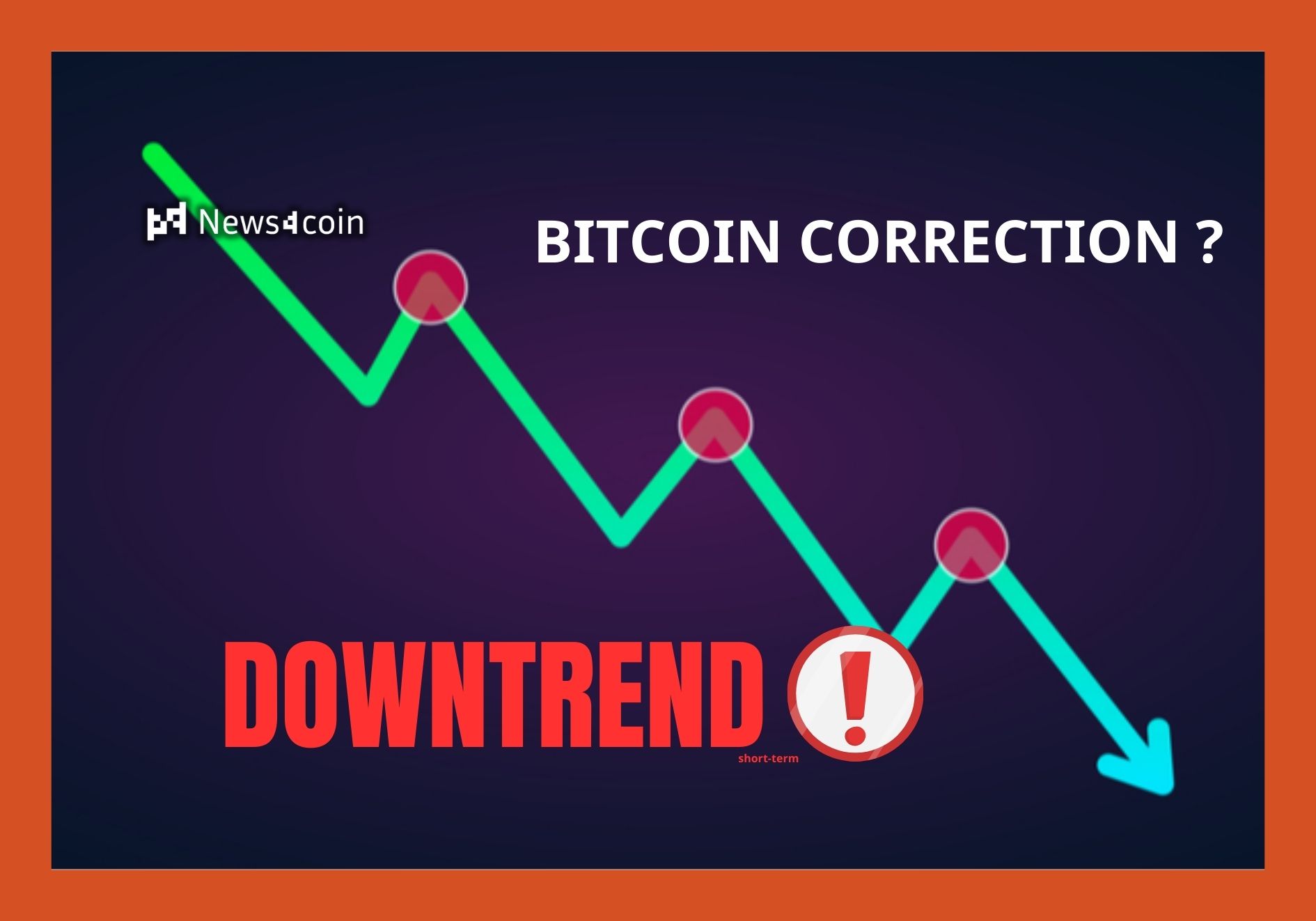Introduction
Investors today often ask one big question—crypto vs stock market, which is better? While both offer profit potential, each works in very different ways. Their risks, rewards, and regulations vary. This article will walk you through the biggest contrasts between crypto and stocks. Whether you’re a cautious saver or a high-risk trader, this breakdown will help you make an informed choice.
Structure: Centralized vs Decentralized
The stock market is built on traditional financial systems. It’s tightly regulated. It operates only during weekdays. Most stocks are listed on centralized exchanges like the NYSE and NASDAQ. On the other hand, the crypto market is decentralized. It runs 24/7 and relies on blockchain technology. Crypto assets aren’t backed by companies in the usual sense. Instead, they’re often governed by code and community consensus.
So, when comparing crypto vs stock market, you’re weighing time-tested infrastructure against innovative technology.
Accessibility and Entry Barriers
Buying stocks usually requires a brokerage account. Some platforms require paperwork, bank verification, and trading hours must be followed. Crypto offers easier access. You can sign up, fund your account, and begin trading in minutes—any time of the day or night. This ease of entry draws many beginners into crypto. Yet, the lack of regulatory protection adds extra risk.
Volatility and Risk
Stocks tend to be less volatile. They move based on earnings, company news, and broader economic indicators. Though downturns happen, movements are generally measured. In contrast, crypto prices can shift wildly in hours. A single tweet or news item can move prices up or down by double digits.
High volatility means high risk—but also high reward. If you’re comparing crypto vs stock market for short-term gains, crypto is more aggressive.
Safety and Oversight
Stock markets are heavily regulated. Companies must follow strict reporting rules. Investors benefit from legal protections and transparency. Crypto lacks uniform regulation. Some countries enforce strict rules. Others don’t. Scams, hacks, and lost funds are still common.
If you’re looking for safer ground, stocks usually offer more legal clarity and investor security.
Strategies and Use Cases

Stock investing often focuses on long-term gains. Dividends, index funds, and blue-chip stocks offer steady growth. Many investors hold positions for years. Crypto supports faster strategies. Staking, yield farming, and swing trading are common. Investors may hold tokens for days—or even minutes.
Your choice between crypto vs stock market depends on your timeline and willingness to experiment.
Liquidity and Trading Hours
Stock markets have high liquidity during open hours. Top stocks trade in large volumes. But trading stops at the end of the day—and pauses on weekends. Crypto trades nonstop. It’s always on. This means you can react to news at any time. However, smaller coins may lack liquidity during low-traffic periods.
Crypto wins in flexibility. Stocks win in stability.
Profit Potential
Historically, the stock market delivers 7–10% annual returns. It’s steady and proven. It’s also ideal for building long-term wealth. Crypto has produced life-changing gains. Early adopters of Bitcoin and Ethereum saw returns of thousands of percent. But just as quickly, many coins lose value.
If you chase large gains, crypto offers more upside. If you want stable growth, stocks remain the safer bet.
Market Psychology
Stock investors tend to rely on data and long-term performance. They analyze company reports and industry trends before making decisions. Crypto is more sentiment-driven. Hype, FOMO, and social media play a big role. Sometimes logic takes a backseat to community excitement. Understanding the mood of each market is key to managing risk and avoiding costly mistakes.
Tax Complexity
Taxes on stock investments are typically straightforward. Most brokers send you reports each year. Governments have clear rules. Crypto taxes are more complex. Each trade—even swapping tokens—can be taxable. Airdrops, staking rewards, and NFTs all have separate rules. For ease of tax reporting, stocks are far ahead. Crypto may require extra tools and tracking.
Diversification: Why Not Both?
It doesn’t have to be one or the other. A mix of both can work well. You can use stocks to build a stable core. Then add crypto for growth and innovation exposure. This approach helps balance risk and opportunity. Just be sure to manage your positions carefully and keep long-term goals in mind.
Final Thoughts
The crypto vs stock market debate isn’t about winners or losers. It’s about what fits your financial goals. Stocks offer security and steady returns. Crypto offers innovation and high risk with high reward.
Choose based on your strategy, risk tolerance, and how much time you can devote to managing your investments. Both markets offer value—just in very different ways.
Disclaimer
This article is for informational purposes only. It does not constitute financial advice. Always do your own research before making investment decisions.




